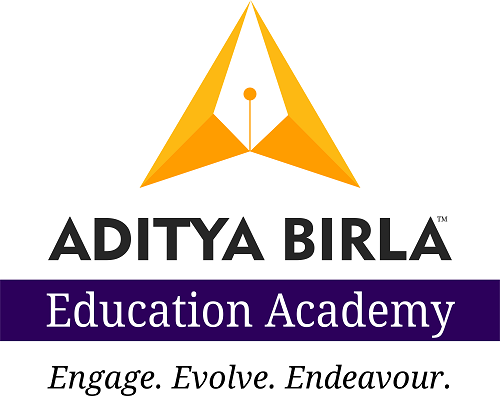“Merely to stuff the child with a lot of information, making him pass examinations, is the most unintelligent form of education. Education in the true sense is helping the individual to be mature and free, to flower greatly in love and goodness. That is what we should be interested in, and not in shaping the child according to some idealistic pattern.” – Jiddu Krishnamurthy
As a parent, my greatest concern has always been “what kind of adults are my children going to grow up to be?” From my own experience in going through the education system, I knew that while good grades and qualifications don’t necessarily prepare us for the long path ahead that is filled with the realities of adult life – following your passion vs earning a living, dealing with failures, rejections and setbacks, managing problems, people and all the stress and upheaval that arises from it.
And if these age-old challenges of adulthood aren’t enough, there’s also the fact that these days, the boundaries between adulthood and childhood have also become blurred – they’re dealing with opportunities and challenges that we didn’t have to at their age. You have 13-year-old entrepreneurs who run their own companies, high school students like Malala Yusufsai and Greta Thunberg who’re campaigning for world-changing causes and dealing with issues like the effects of war, women’s rights and climate change. How can we prepare our children to meet challenges that we can’t even fathom or anticipate?
Some of the greatest educationists of our time have already given us the answer to that with the concept of raising children to fulfil their potential – to not just survive in the adult world, but to thrive in it. We can’t anticipate the challenges, but we can give them the tools to deal with the obstacles in their path.
As an educator, this has been my core vision – to help each child figure out who they are, what they want to do in life, and how to be good at what they’re passionate about. Emotional intelligence plays a huge role in helping children figure out how to deal with their own feelings and behaviours, as well as that of others. Another aspect that genuinely helps a child bloom into a well-adjusted adult is to have the tools to understand and manage their own mental health. I’m an ardent advocate for mental health awareness and education right at the school level as it helps them develop resilience as well to manage the psychological impact of painful experiences throughout their lives.
Of course, none of this becomes possible without having educators who’re equally invested in this ‘path of potential’. Teachers today need to unlearn old approaches and continuously develop their skillsets to keep up with the changing needs of the classroom. They say it takes a village to raise a child, and in this context, that also includes counsellors who teach children about emotional intelligence and mental health as well as involved parents who understand that our collective role is to shape and guide a child like a gardener or a potter.
Jawaharlal Nehru, that champion of education in whose honour we celebrate Children’s Day said, "Children are like buds in a garden and should be carefully and lovingly nurtured, as they are the future of the nation and the citizens of tomorrow.” Like buds in the garden need sunlight, the right soil, the resilience to brave the elements and other optimal conditions in order to bloom, it’s going to take a holistic education that focuses not just on academics but also on developing innate talent, emotional intelligence, interpersonal skills, the fortitude to face and solve problems, as well as the ability to care for one’s own mind, in order to raise children who will grow towards their full potential and towards success. On that note, Happy Children’s Day!
Aditya Birla Education Academy focuses on providing educators with learning opportunities to pursue their ambitions and boost their career growth.







